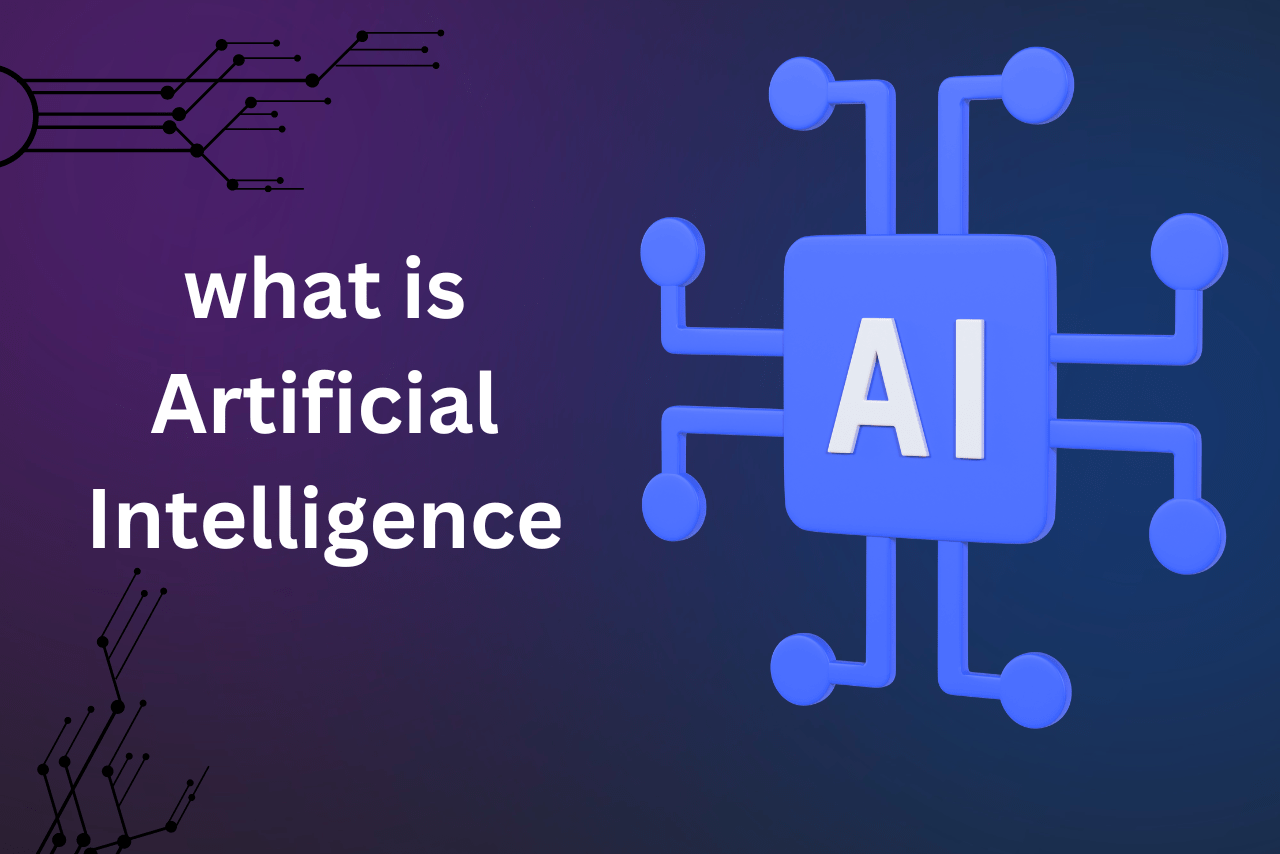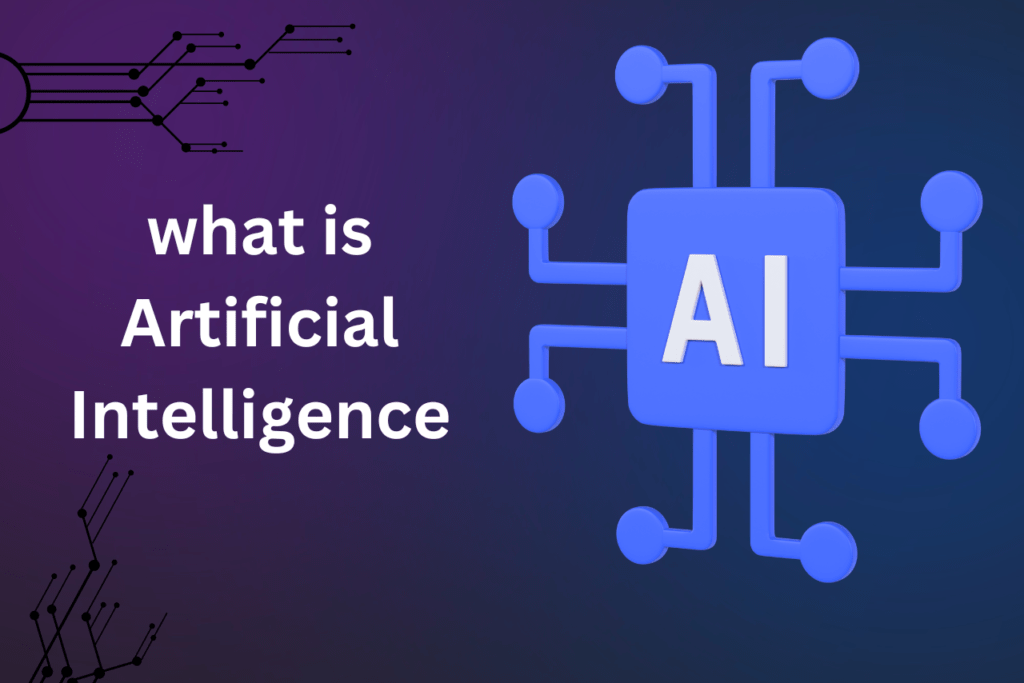History of Artificial Intelligence
Artificial intelligence (AI) is a fascinating topic that tries to construct robots that can mimic human intelligence. AI’s journey began in ancient times when people began to fantasize about automating activities and creating intelligent entities. This aim has fueled incredible improvements throughout the ages, leading us to the advanced AI systems we have today. In this blog, we will look back at the history of artificial intelligence, looking at significant milestones, discoveries, and the growth of this disruptive technology.

Early Concepts and Philosophical Roots
AI has its origins in antiquity, where myths and legends included mechanical beings and intelligent automatons. For example, the ancient Greeks had mythology about automatons such as Talos, a massive metal statue that guarded the island of Crete. These early concepts influenced famous minds such as Leonardo da Vinci, who created mechanical knights and automata.
The search for artificial creatures persisted throughout history, culminating in the 17th century with the discovery of mechanical calculators and the notion of a “universal machine” by Gottfried Wilhelm Leibniz.
The Beginnings of Modern AI
The true breakthrough in AI occurred in the mid-twentieth century. Alan Turing pioneered the “Turing Test,” a method for determining a machine’s capacity to demonstrate intelligent behavior indistinguishable from that of a person, in 1950. This watershed moment provided the groundwork for current AI development.
The phrase “Artificial Intelligence” was developed in the 1950s and 1960s, and researchers began investigating the feasibility of duplicating human cognitive processes. The Logic Theorist, created by Allen Newell and Herbert A. Simon, is regarded as the first AI program capable of proving mathematical theorems. Furthermore, in 1956, John McCarthy organized the Dartmouth Conference, which is regarded as the formal start of AI as an academic area.
The AI Winter
The early successes in AI research led to an optimistic period of expansion, but the field soon faced significant challenges. The 1970s and 1980s marked the onset of what became known as the “AI Winter.” Progress slowed, and public and financial support dwindled due to unrealized expectations and overhyped promises.
During this period, researchers discovered that the approaches used at the time were not sufficient to fulfill the ambitious goals of AI. The limitations of hardware, the complexity of programming, and the lack of data hindered progress. As a result, funding for AI projects decreased, and many researchers moved away from the field.
Expert Systems and Knowledge-Based AI
Despite the AI Winter, certain areas of AI continued to progress. One notable development was the rise of expert systems in the 1980s. Expert systems were rule-based programs that used domain-specific knowledge to solve complex problems. Although they had their limitations, these systems found practical applications in fields like medicine and engineering.
The focus on knowledge-based AI marked a shift from the early AI emphasis on mimicking human reasoning to a more practical approach to solving specific problems with specialized knowledge.
The Renaissance of Neural Networks and Machine Learning
The 1990s saw a resurgence in AI research due to increasing interest in neural networks and machine learning. Traditional rule-based systems, researchers recognized, had limitations, particularly when dealing with complex and unstructured data.
AI models may learn from data and improve their performance over time thanks to neural networks, which were inspired by the structure of the human brain. Backpropagation methods have significantly improved neural network training, enabling them to be employed in a variety of applications ranging from image recognition to natural language processing.
The 21st Century: AI Breakthroughs and Applications.
One of the most significant achievements in AI came in 2011 when IBM’s Watson defeated human champions on the quiz show “Jeopardy!” Watson’s success showcased the potential of AI systems to understand and process natural language, leading to practical applications in areas like customer service and information retrieval.
Deep Learning Revolution
Deep learning, a subfield of machine learning, revolutionized AI by introducing the use of deep neural networks with multiple layers. This breakthrough allowed for more complex and abstract representations, enabling machines to tackle increasingly sophisticated tasks. Applications of deep learning span various fields, including speech recognition, autonomous vehicles, and healthcare.
AI in the Real World
AI-powered virtual assistants such as Siri and Alexa have become household essentials, assisting us with obligations and answering questions. AI algorithms also play an important role in personalized content recommendations on streaming platforms and targeted advertising on social media.
Moreover, AI has found applications in industries like healthcare, finance, and transportation, optimizing processes and improving decision-making. For instance, AI-driven medical imaging systems assist doctors in diagnosing diseases, while autonomous vehicles promise to revolutionize transportation.
Ethical Concerns and the Future of AI
As AI continues to evolve and integrate into various aspects of society, ethical considerations have become paramount. Concerns about data privacy, algorithmic bias, and job displacement are hot topics in the AI debate.
Ensuring that AI systems are transparent, fair, and aligned with human values is essential. Striking a balance between technological advancement and societal well-being will be crucial in shaping the future of AI.
Conclusion
The history of artificial intelligence is a testament to human ingenuity and perseverance. From ancient myths and philosophical ponderings to cutting-edge deep learning models, the journey of AI has been filled with triumphs, setbacks, and exciting discoveries.
As we move forward, it is essential to embrace AI’s potential while addressing its challenges responsibly. By harnessing this transformative technology ethically, we can unlock new possibilities and create a future where AI complements and enhances human capabilities, making our world a better place.

